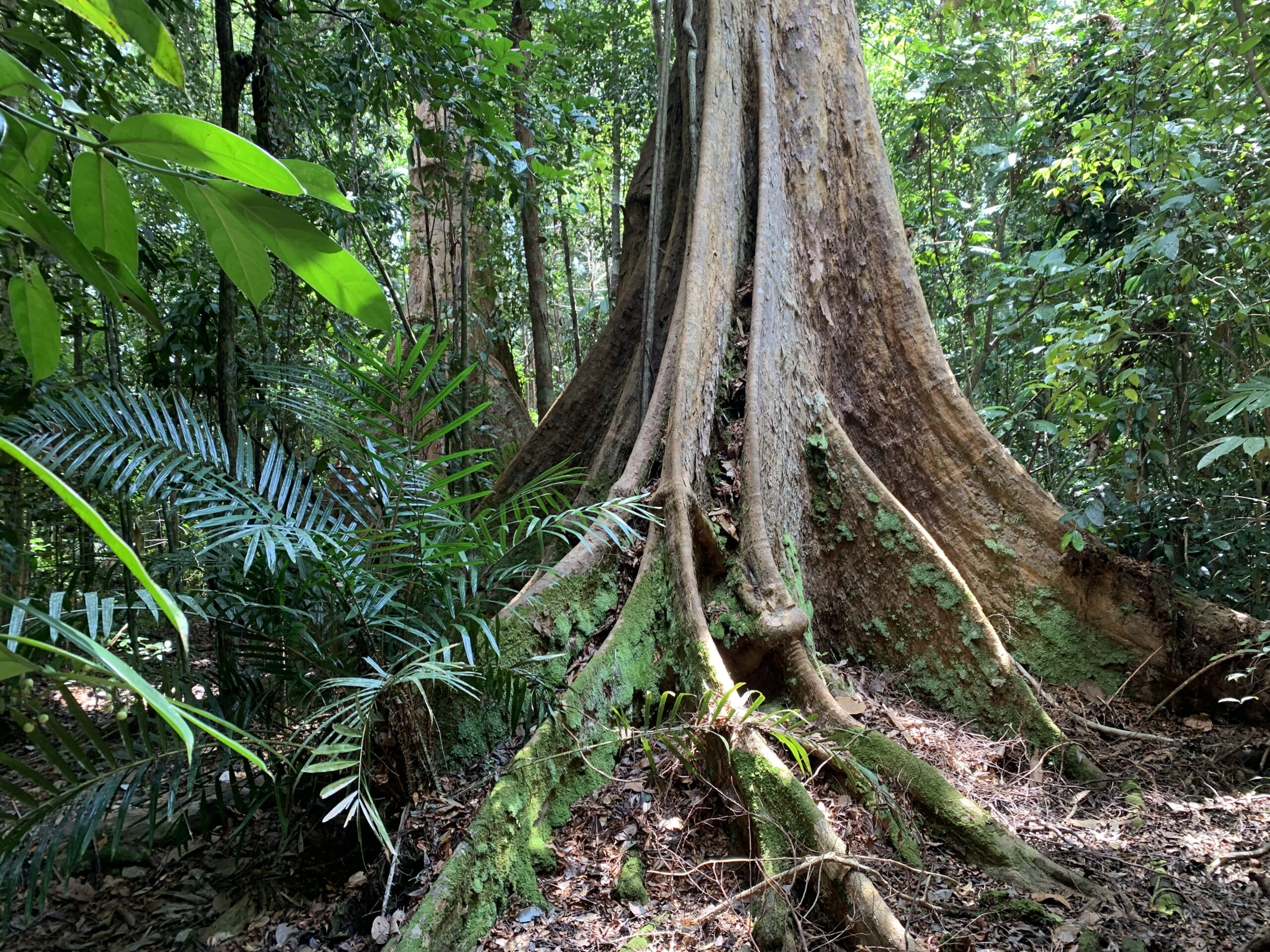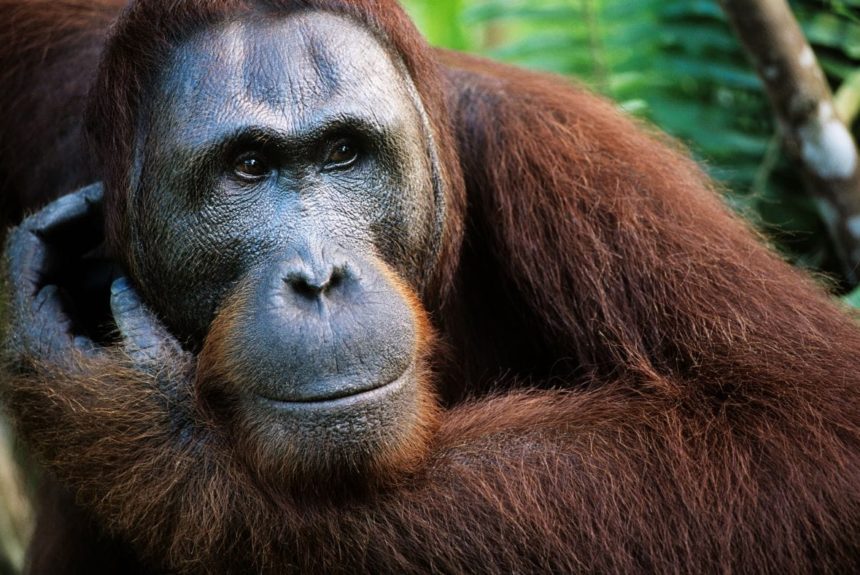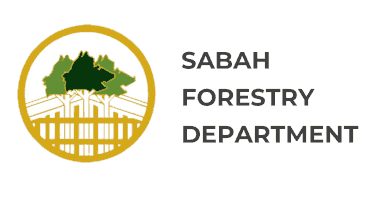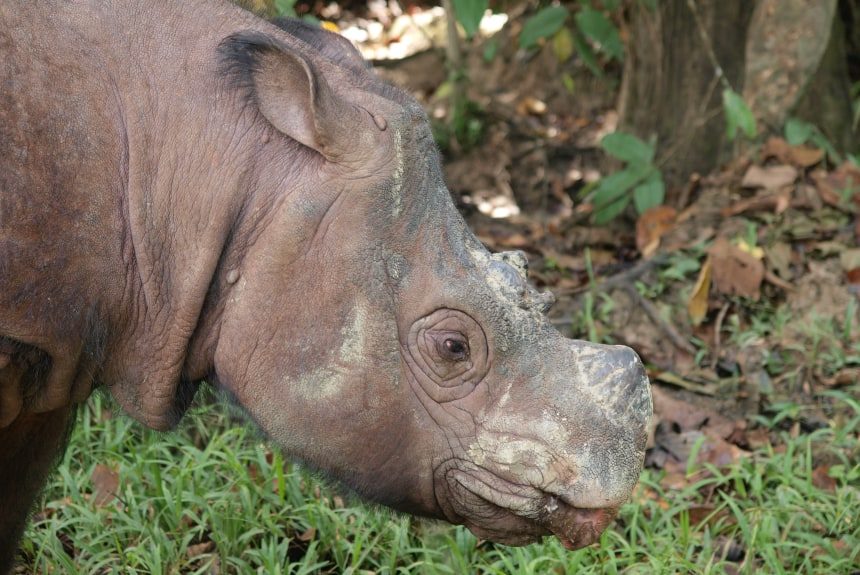About the Rhino and Forest Fund
We protect forests in Borneo to stop habitat loss and to protect vulnerable species
The Rhino and Forest Fund e.V. was founded in Kehl, Germany in 2009. Our founding members are scientists from various disciplines and have vast experience working in conservation projects in Borneo. To realize our projects, we work with other non-governmental organizations, authorities, scientists and the local population.
We are a registered charity and donations are tax-deductible in Germany. All donations go directly towards conservation action. At least 80% of donations are used for buying land and for reforestation.
Our team: working together to protect forests in Borneo
Annuar Jain
Project Manager in Sabah
Matti Hillig
Communications
Our goals:
Ensure the survival of threatened species in Borneo by:
- Protect forests and key lands in Eastern Sabah, Borneo
- Link all remaining wilderness areas in Eastern Sabah
- Restore areas that have been destroyed within existing protected areas
- Advocate for the preservation and protection of threatened forests
- Buy private plantations between protected areas to reforest them
We need your help!
Time is running out to protect critical habitats in Borneo and we need your urgent support. All donations go towards conservation action. At least 80% of donations are used for buying land and for reforestation.
Our partners working together with us to protect forests in Borneo
Why are we called Rhino and Forest Fund?
Since our launch in 2009, we have already seen how the Sumatran rhinoceros our organization has been named after went extinct in Sabah, with only small chances of survival in Sumatra. Today the name of our organization serves as a stark reminder for the urgency of our work.
It’s not too late for countless other species! The massive and progressive destruction of habitats by reckless human activities, coupled with the escalating climate change threatens to extinguish most of the millions of species on this planet after hundreds of millions of years of evolution. The situation is worsening at a dramatic pace, particularly in Southeast Asia, where in just a few decades, most of the rainforest has fallen victim to the ongoing deforestation by the timber and agricultural industries.

















